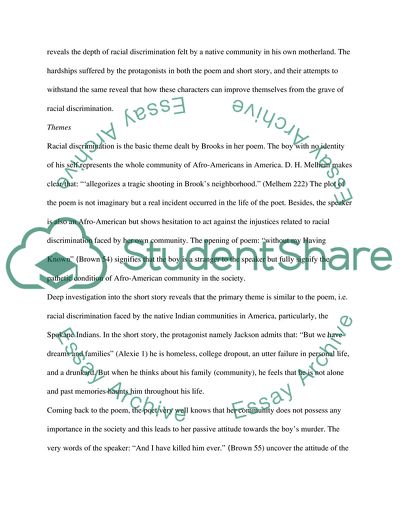Cite this document
(“Racial Discrimination among Poets Assignment Example | Topics and Well Written Essays - 1500 words”, n.d.)
Retrieved from https://studentshare.org/literature/1556673-analytical-essay
Retrieved from https://studentshare.org/literature/1556673-analytical-essay
(Racial Discrimination Among Poets Assignment Example | Topics and Well Written Essays - 1500 Words)
https://studentshare.org/literature/1556673-analytical-essay.
https://studentshare.org/literature/1556673-analytical-essay.
“Racial Discrimination Among Poets Assignment Example | Topics and Well Written Essays - 1500 Words”, n.d. https://studentshare.org/literature/1556673-analytical-essay.


